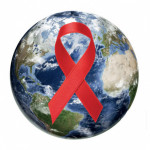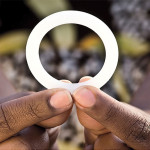A study already underway inBotswana regarding the usefulness of pre-exposure prophylaxis (PrEP) is beingadjusted to account for the dropping HIV rates in that country, Reuters reports.
PrEP is being studied around theworld to determine whether low, daily doses of HIV medications can be used tosafeguard HIV-negative people from contracting the virus. The Botswana trialsinvolved Gilead Science’s Truvada (emtricitabine and tenofovir),according to the Centers for Disease Control and Prevention (CDC).
“We are not giving up on the trial—we are going to completethe trial. We just will not get all of the answers we set out to get,” TerryButler, the CDC’s director of strategic communications, told Reuters. “Thetrial protocol and timeline will be revised to focus instead on the otherremaining study questions—primarily behavioral and clinical safety andadherence.”
According to the article, thestudy—called TDF2—must change directions to account for dropping HIV infectionrates in Botswana, where close to a quarter of adults are already living withthe virus. Additionally, researchers are having difficulty keeping peopleenrolled in the trial.
“The drops in incidence that weare seeing in Botswana and elsewhere are welcome news, requiring new andinnovative ways of designing, running and funding trials and of working withcommunities,” said Mitchell Warren, executive director of AVAC: Global Advocacyfor HIV Prevention.
Advertisement
Advertisement
Advertisement






Comments
Comments